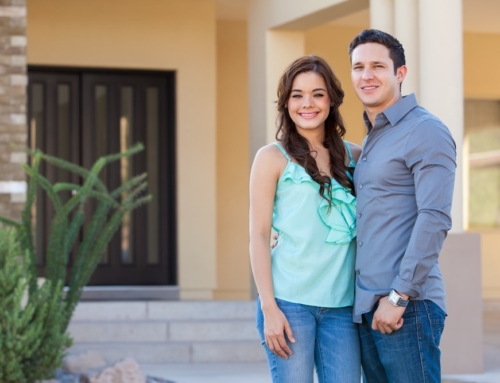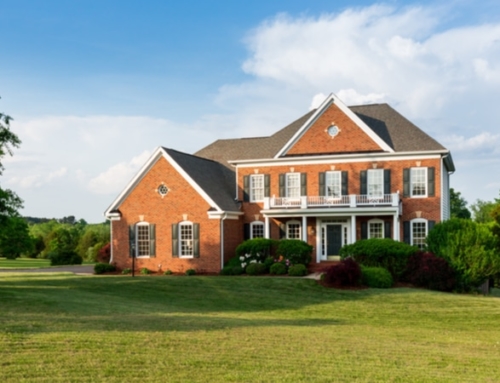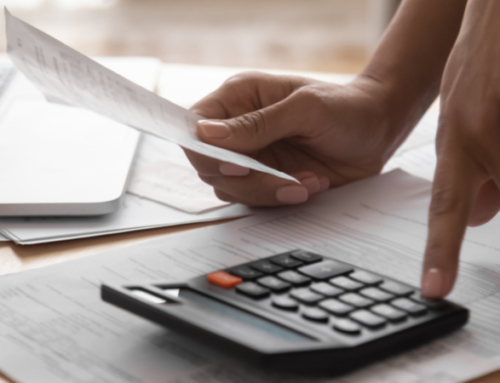Q: My wife and I purchased our new home in December 2004. Our builder financed 100 percent of the purchase price of $146,500 at 5 percent, which was great.
We added around $10,000 of upgrades that we paid for out-of-pocket to the deal which actually brought the sale price up to $156,500.
At the last minute he asked us to do a lease option for a year to help him on his taxes and we agreed as long as it did not affect our payment schedule for the agreed 15-year mortgage. We would have had 14 years left after the lease period at the same payment as if it were a 15-year loan.
Everyone agreed. When we actually converted the lease to a loan, the builder applied all our payments to the principal and wrote up a new loan agreement for $132,597.88 for 15 years at 5 percent.
Here’s my question. We now owe about $132,000 on a house that cost us $156,500 that we have lived in for 17 months. We want to sell the home and can get about $170,000 for it. This sales price would mean we’ll pocket a $13,500 profit but the paper trail shows a $38,000 profit.
Where do we stand on capital gains taxes? And, what kind of exemptions are there, if any? We plan to downsize and start investing in real estate.
A: Unfortunately, the timetable for sheltering your capital gains on the sale of a primary residence is 2 years from the date of purchase. According to your letter, you’ve only owned this property for about a year (perhaps even less).
In order to keep your profits tax-free you would have to live in this house as your primary residence for 2 years after the date of closing. If you only live there for a year, then you’d owe long-term capital gains tax of up to 15 percent plus state tax.
But there are some ways around the tax issue. If you are selling to take a new job that’s 50 miles from your old job, you should qualify to keep some of your profits tax-free, even if you haven’t stayed for 24 months. If you stay a year before changing jobs, you’d be able to keep up to $250,000 in profits (up to $125,000 if you’re single), which is half of what you’d ordinarily be able to take if you had lived there for two full years.
You can claim the exemption if you’re selling for medical reasons, a death, a divorce, or fall into other special categories, as laid out by the IRS in Publication 523 “Selling Your House.”
If you’re selling just to sell, so that you have cash to fund your investment property purchases, you’ll have to pay the tax.
For more details, please consult your accountant or tax preparer.






Leave A Comment